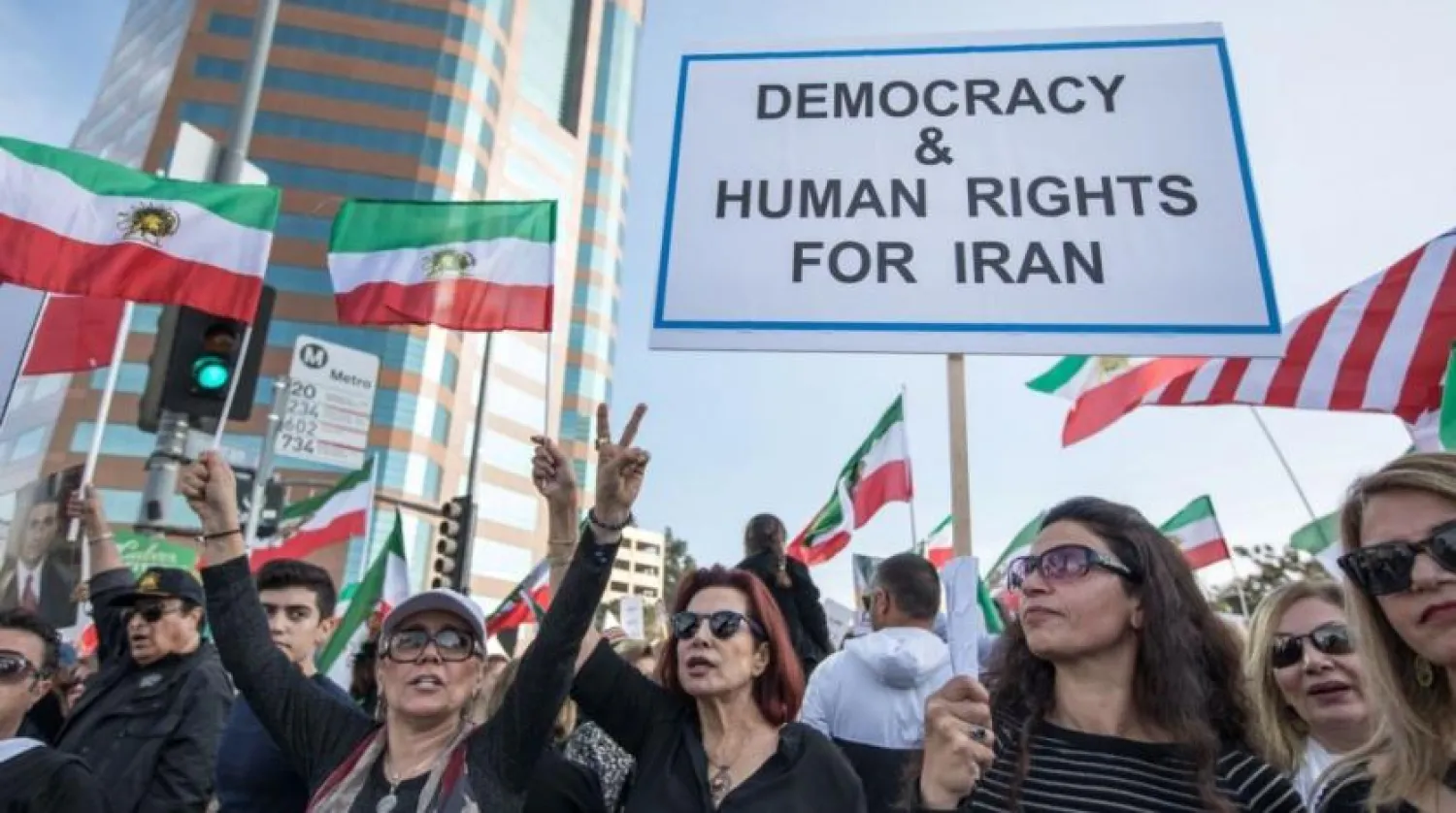Human rights groups on Friday warned Tehran will try to use an upcoming visit to Iran by a UN expert in order to avoid accountability for its human rights violations.
Alena Douhan, the special rapporteur focused on the impact of unilateral sanctions, is scheduled to visit to Iran from May 7 to 18 to discuss human rights issues.
It will be the first such visit to the country by a special rapporteur since 2005.
The UN Human Rights Council established the Special Rapporteur’s mandate in September 2014 following concerns by the UN human rights system and the international community about the negative impact of unilateral sanctions on the human rights of the civilian populations around the world.
“I am looking forward to engaging with the Government and non-governmental counterparts, national and international, in a spirit of dialogue, cooperation and impartiality, with the view to gather first-hand information on the impact of unilateral coercive measures on the full realization of all human rights in the country,” Douhan said according to a UN press release.
She added that her visit will aim at covering all walks of life and sectors affected by such measures, including secondary sanctions and sanctions over-compliance.
Douhan’s mission comes during a stalemate in talks between Iran and world powers to revive a 2015 agreement which gave Iran sanctions relief in return for curbs on its nuclear program.
In 2018 then-US president Donald Trump withdrew from the deal and imposed crippling sanctions on Iran, which then began rolling back its own commitments.
But a group of 11 human rights groups warned in a statement Friday that Iran’s government will try to “instrumentalize” the visit “in a cynical attempt to deflect attention from its well-documented record of human rights violations.”
The statement was signed by groups including United for Iran, Article 19 and Iran Human Rights Documentation Center.
“The visit comes after 17 years of denial of access to any of the 14 UN human rights monitors that have requested to visit the country,” it said.
The statement added that by inviting the only expert whose mandate is to look at external actors’ liability for rights violations in the country, Iranian authorities exploit this visit in an inconspicuous attempt to blunt scrutiny of its record of non-cooperation with the UN human rights system.
Douhan said she will pay particular attention to the adverse effects on the most vulnerable segments of society, including in the current context of the COVID-19 pandemic.
For their part, the rights groups said Iran has a history of blatant rights violations, and that legitimate concern over the impact of sanctions cannot and must not overshadow the Iranian authorities’ responsibility for failing to ensure access to health, work, education, internet and adequate living standards for all in Iran.
“The international community must not be fooled, and Iran should not be rewarded for its attempt to avoid accountability,” they added.









